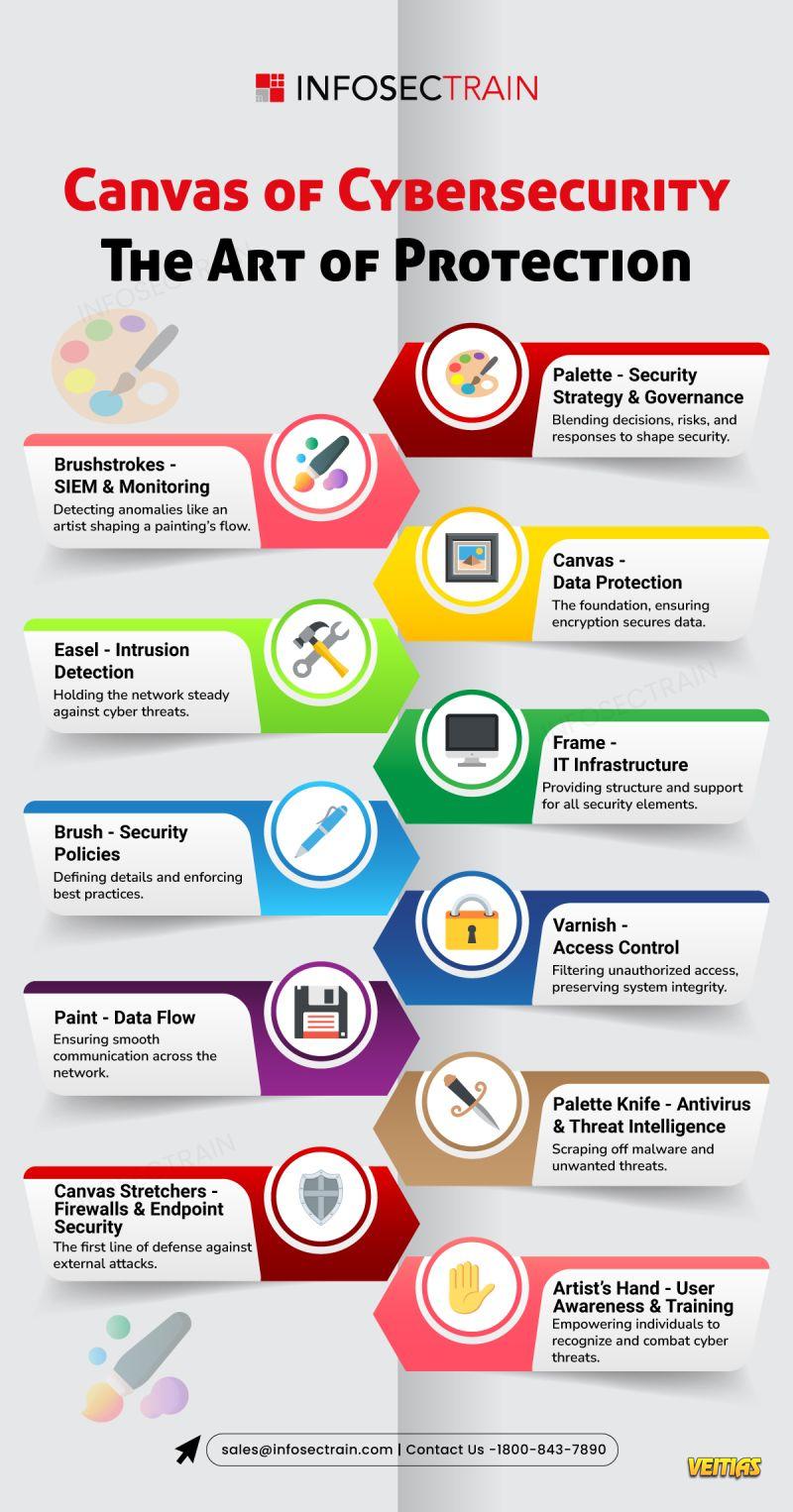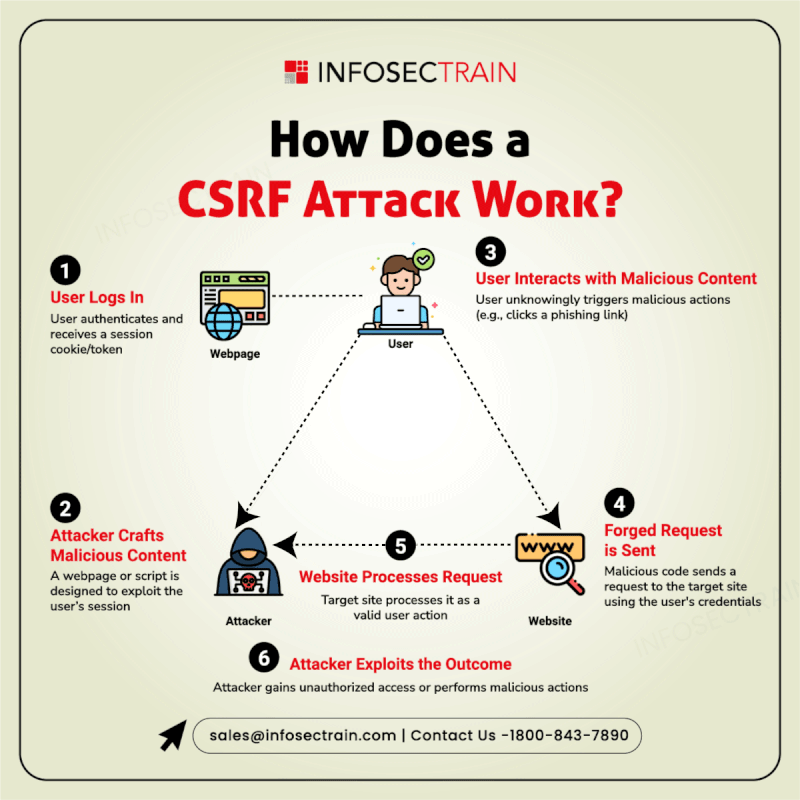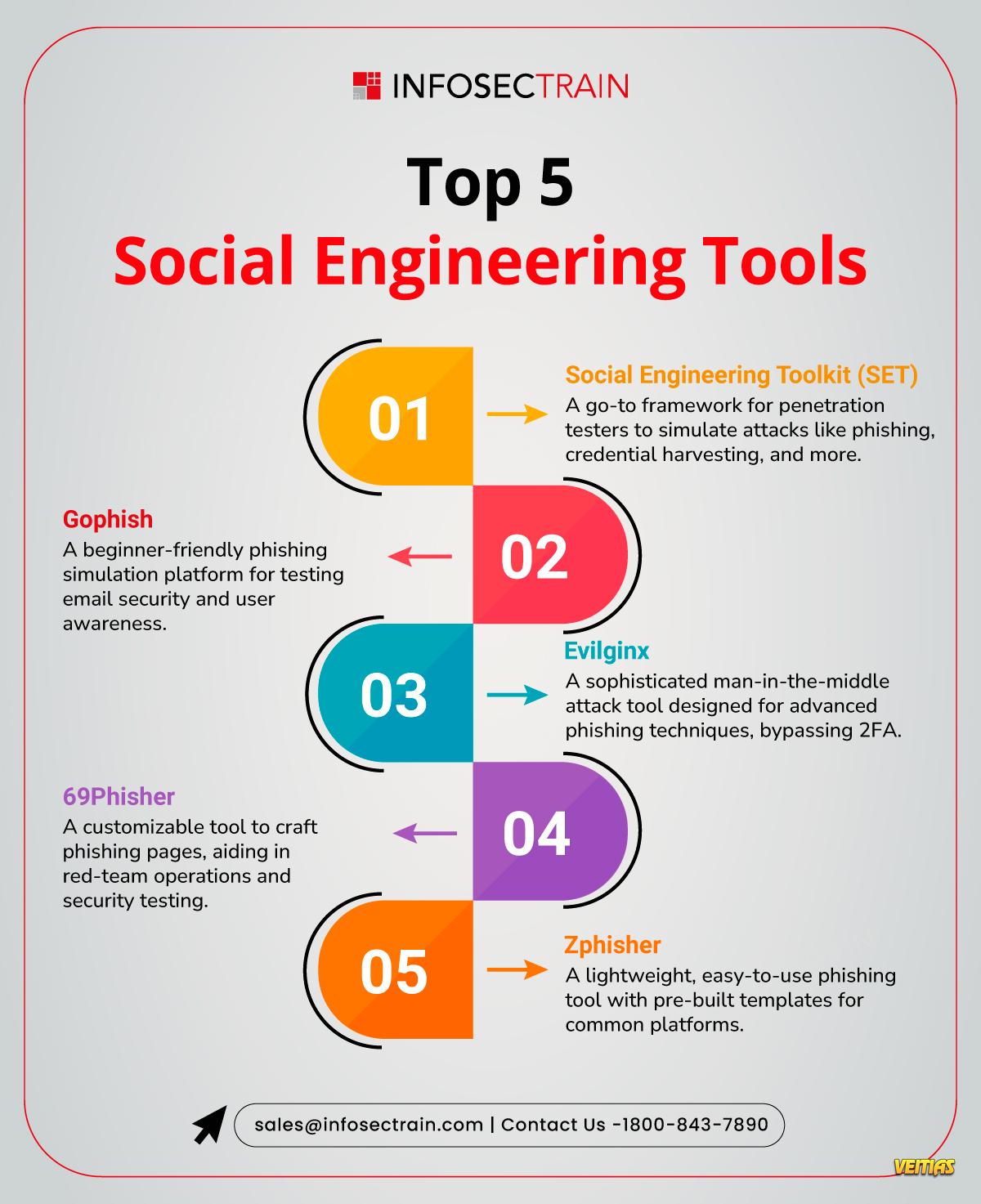Incident vs. Breach – Know the Difference!
Cybersecurity terms are often used interchangeably, but understanding the key differences between an incident and a breach can help protect your organization from major consequences.
Here’s a quick breakdown:
Incident = An event that compromises IT integrity (e.g., malware, phishing)
Breach = Unauthorized access to sensitive data (e.g., data theft, PII exposure)
Stay informed. Stay secure.
Want more cybersecurity insights?
Subscribe to InfosecTrain channel: https://www.youtube.com/@InfosecTrain
#CyberSecurity #IncidentResponse #DataBreach #InfoSec #Malware #Phishing #DataSecurity #BreachVsIncident #RiskManagement #InfosecTrain #SecurityAwareness #CyberThreats #ProtectYourData #SecurityTraining #ITSecurity
Cybersecurity terms are often used interchangeably, but understanding the key differences between an incident and a breach can help protect your organization from major consequences.
Here’s a quick breakdown:
Incident = An event that compromises IT integrity (e.g., malware, phishing)
Breach = Unauthorized access to sensitive data (e.g., data theft, PII exposure)
Stay informed. Stay secure.
Want more cybersecurity insights?
Subscribe to InfosecTrain channel: https://www.youtube.com/@InfosecTrain
#CyberSecurity #IncidentResponse #DataBreach #InfoSec #Malware #Phishing #DataSecurity #BreachVsIncident #RiskManagement #InfosecTrain #SecurityAwareness #CyberThreats #ProtectYourData #SecurityTraining #ITSecurity
Incident vs. Breach – Know the Difference!
Cybersecurity terms are often used interchangeably, but understanding the key differences between an incident and a breach can help protect your organization from major consequences. 🔐
📊 Here’s a quick breakdown:
➡️ Incident = An event that compromises IT integrity (e.g., malware, phishing)
➡️ Breach = Unauthorized access to sensitive data (e.g., data theft, PII exposure)
📌 Stay informed. Stay secure.
🎥 Want more cybersecurity insights?
👉 Subscribe to InfosecTrain channel: https://www.youtube.com/@InfosecTrain
#CyberSecurity #IncidentResponse #DataBreach #InfoSec #Malware #Phishing #DataSecurity #BreachVsIncident #RiskManagement #InfosecTrain #SecurityAwareness #CyberThreats #ProtectYourData #SecurityTraining #ITSecurity
0 Комментарии
0 Поделились
1235 Просмотры
0 предпросмотр











